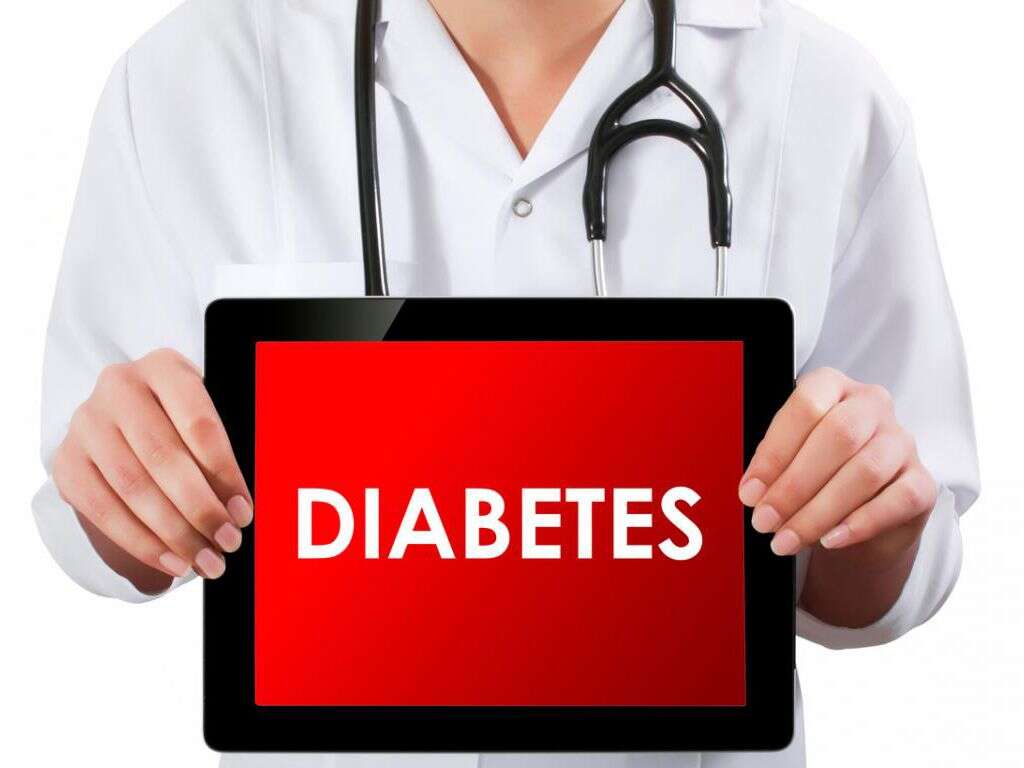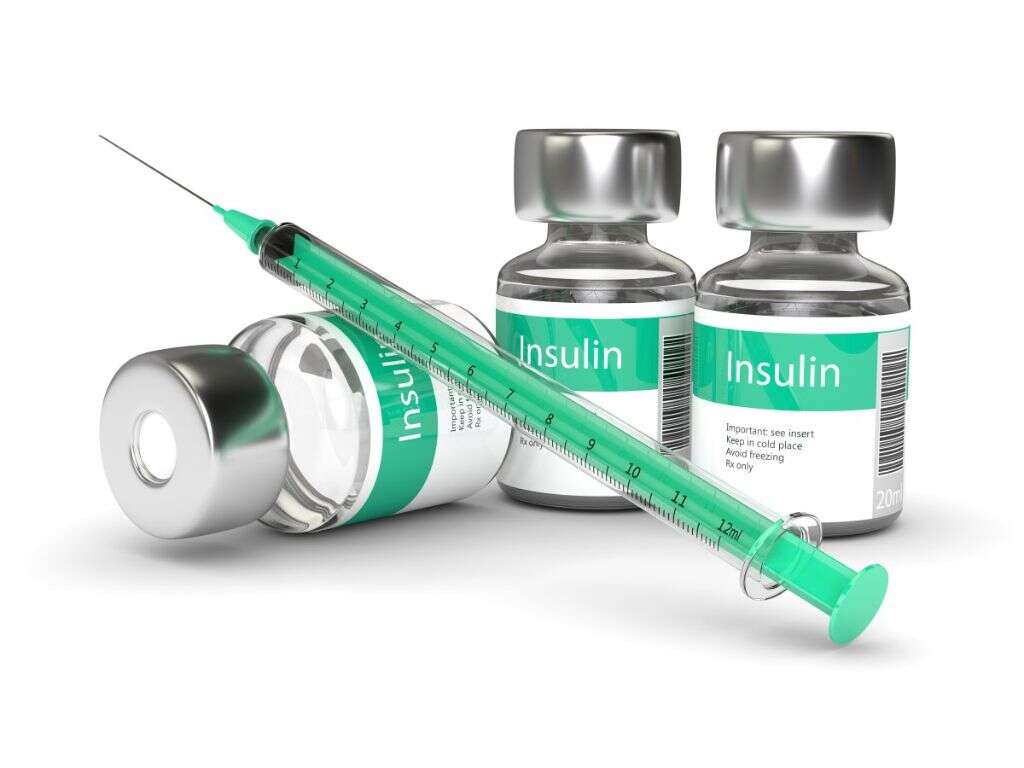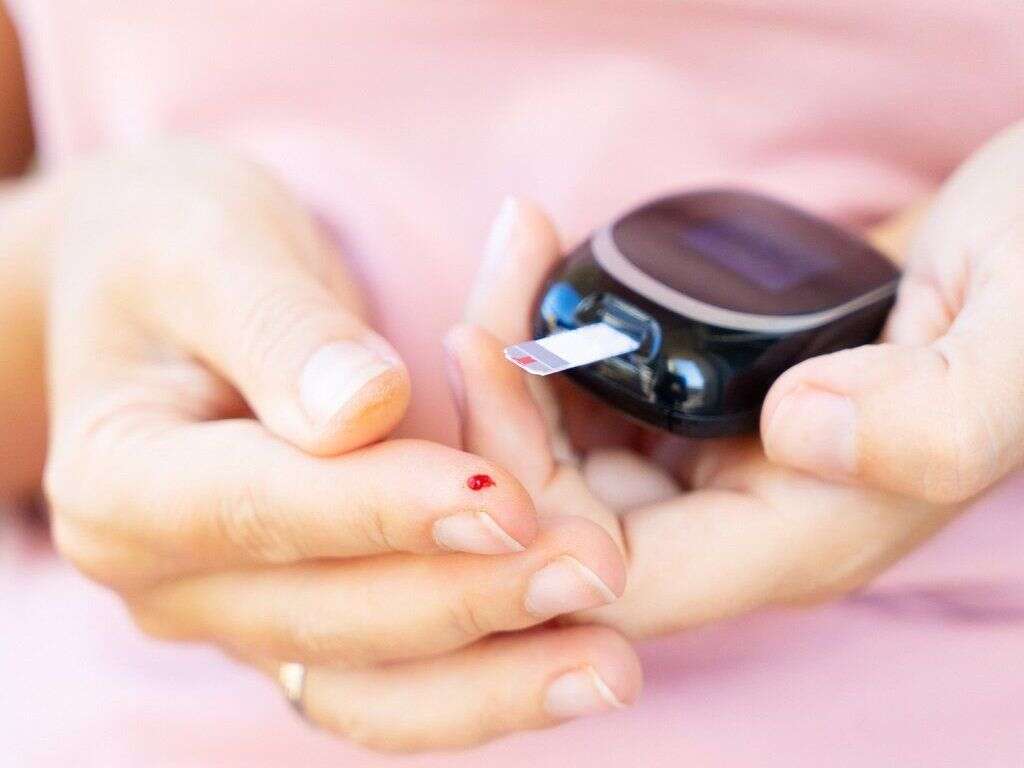10 Warning Signs of Diabetes
While sugar has a bad reputation among healthy living circles, it is still very important for us. It is important because it provides us with much of the energy that we need, and it is also found naturally occurring in addition to the processed sugars that we so often have in the kitchen.
Our bodies produce a hormone known as insulin that allows us to process these sugars. In some people, though, there is a resistance to insulin, or their bodies don’t produce enough of the compound.
This is a condition known as diabetes, and here are a few of the warning signs that you might have the condition.

Warning Sign #1: Blurred Vision
It is not uncommon for people to find that their vision becomes blurred over time. This is because they gradually lose the ability to focus. Fortunately, though, we have equipment and procedures that are usually able to correct the problem. If your blurred vision has come on suddenly, however, it might be a different kind of treatment you need.
Having too much sugar in the blood can cause damage to the eyes, thus affecting our ability to focus. It can occur in both eyes or only in one eye. If left untreated, it can lead to permanent loss of vision, so it should be treated as urgent.

Warning Sign #2: Acanthosis Nigricans
If you are speaking with your doctor for any reason, you should always let them know about anything that appears to be unusual on your skin. Even though you might think it is not relevant, it could turn out to be a strong indicator of a potentially serious underlying condition.
One potential warning sign of diabetes is acanthosis nigricans. This is a condition that causes dark patches of skin to form on the groin, armpits, and neck. These odd patches of dark skin are often described as having a velvety feel and texture to them. You should see a doctor if unusual patches like this are found on the skin.

Warning Sign #3: Thirst
We all need water, and the body’s main mechanism of ensuring we get the water we need is to make us feel thirsty. We only usually need a drink every couple of hours or so and this will vary according to factors such as heat and exercise. If you are drinking more water than you usually would, it can also be a sign of diabetes.
One way the body deals with the excess sugar is to flush it out from the body in urine. This means that another symptom of diabetes is urinating more frequently and this unusually high passing of fluids means we need to take on more water than usual.

Warning Sign #4: Tiredness
Much of our energy comes from the carbohydrates that we eat, including glucose. Once digested, the glucose is taken to our cells where it can then be absorbed and converted into energy. Without sugar, our cells cannot generate the energy that they need to operate, and we feel tired as a result.
Patients with diabetes are unable to absorb glucose into their bodies, meaning that their cells cannot energize themselves. As such, people with diabetes are likely to feel tired a lot of the time, regardless of how much they eat and sleep.

Warning Sign #5: Hunger
The food that we eat contains the nutrients we need to build our bodies, and also energy giving glucose. As mentioned, the glucose is then absorbed into our cells, but diabetics are not able to process glucose in this way. This means the body does not get sufficient energy from their food, and this means they feel hungry more often.
A diabetic will sometimes feel hungry even shortly after a large meal, although they might be too full to take on any more food. This can also impact their weight as the way the body turns energy into fat is affected.

Warning Sign #6: Yeast Infections
Yeasts are microscopic life forms that are in the same family as fungi. They are very common and most are harmless to us, while some are even beneficial. Many of us will have yeast on or in our bodies and this is also usually fine, but they can sometimes grow out of control.
Yeast feed mainly on glucose and, in diabetics, there is often a lot of glucose flowing through the blood because it has not been processed. This makes for a glut of food for the yeast and they can begin to multiply beyond control. As such, frequent yeast infections are a common sign of diabetes.

Warning Sign #7: Slow Healing
When we pick up an injury, our bodies will immediately set about patching the wound up. Blood will clot at the site of the wound, eventually drying out and forming a protective barrier that we know as a scab. The scab will help to keep the wound safe while the body gets to work on repairing the wound.
Diabetics are not so able to heal their wounds, however. Even a small wound can take a long time to heal, if at all, and they will need to be careful of developing bacterial infections as a result. Slow healing wounds can be caused by a variety of conditions and you should see a doctor if you are experiencing the symptom.

Warning Sign #8: Weight Loss
Losing weight can be seen as a good thing, but if you are losing weight without significant modification in your diet or your exercise routine, then this is something to look into.
Diabetics have a problem getting glucose from the blood into the tissues, therefore as a way to get fuel, they will use other sources of energy. Burning fat reserves and breaking down proteins in the muscles can lead to the weight loss seen in these patients.

Warning Sign #9: Fruity Breath
Some unfortunate people have real difficulty keeping their breath smelling fresh. While most of us can just brush in the morning and be fresh until it is time to brush again, it is not so easy for others. Some, however, will find that their breath is fruity, regardless of brushing or other oral hygiene practices.
The fruitiness is a result of the patient going into ketosis and releasing fruity-smelling ketones. These are compounds that serve as fuel to the body in extreme cases like prolonged starvation and severe diabetes. This is a sign that you should not take lightly. If you are experiencing this symptom, you should seek medical attention for proper diagnosis.

Warning Sign #10: Tingling
If you were to sit in an awkward position for too long then you may well experience a tingling sensation in your extremities. This would probably be because you have trapped a nerve, affecting the flow of messages through the nervous system. A similar sensation can sometimes occur as a result of diabetes.
Diabetes has the potential to cause damage to our nerves. This can cause sensations such as tinging and numbness regardless of your position. It is known medically as neuropathy, and it is a sign that the diabetes is at an advanced stage. It will need to be treated urgently because it could get a great deal worse.












